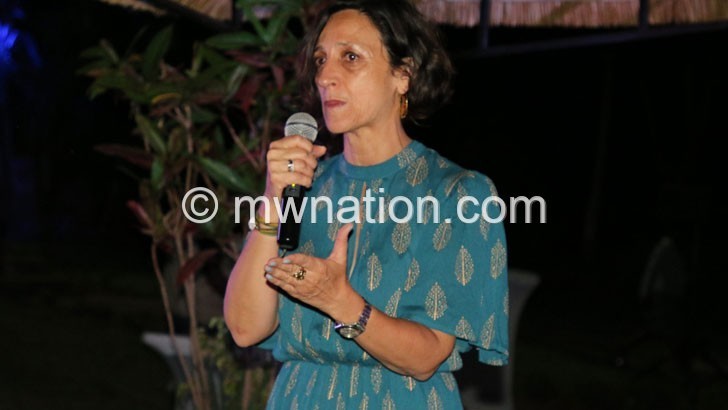UN for coordinated Covid-19 approach
The United Nations and its partners have called on President Lazarus Chakwera to lead a “one country approach” to the coronavirus (Covid-19) pandemic in the country.
A statement issued on Friday signed by UN resident coordinator Maria Jose Torres states that time is of the essence for the newly-elected government to strengthen the Covid-19 response following an increase in cases nationwide.

The country now has registered 1 613 confirmed cases in almost all districts.
Reads the statement in part: “The United Nations and its partners, in collaboration with national authorities, stand ready to further step up efforts guided by human rights standards to fight the pandemic and protect the country’s 18 million people.
“This virus is a threat to all of humanity, regardless of nationality, ethnicity, faith, gender, age, tribe, political affiliation or other status. Despite these enormous efforts, more needs to be done to keep everyone safe from Covid-19 and help those hardest hit by the socioeconomic effects of the pandemic in Malawi.”
Torres adds that since March this year, a risk communication and community engagement campaign has regularly reached over 15 million people with support from UN and partners.
“Messages have been broadcast by media houses, including community radios, with the active involvement of Malawian artists, the faith community, traditional authorities, academia, Parliament, political parties and the teaching community. To control the spread of the virus, testing, contact tracing and quarantine of contacts or suspected cases and isolation of confirmed cases have been essential,” she adds in the statement.
Torres further says with support from the UN and development partners through Africa Centres for Disease Control and Prevention (Africa CDC), Malawi has moved from zero testing capacity to having 41 Covid-19 testing centres which have since conducted more than 14 500 tests.
“More than 4.8 million units of essential supplies for fighting the pandemic have been mobilised, including testing kits and personal protective equipment (PPE) for health workers and other frontline service providers. The UN’s support to coordinate all supplies has helped to get the supplies faster as global supplies are under much demand. A current critical shortage is oxygen for intensive care units (ICUs) in central hospitals,” she observes.
The UN and partners have also provided training for more than 122 000 health workers and community facilitators, who are in the frontline of the Covid-19 fight.
The European Union (EU), Ireland, Germany, Norway, The Global Fund, UKAid, USAID and World Bank are some of the main partners with the UN response and in support of the national efforts to contain and respond to the Covid-19 crisis. Within the framework of One UN, several UN offices are supporting the response in various ways that reflect their respective mandates and specialised expertise.
On 20 March 2020, Covid-19 was declared a national disaster in Malawi and on April 2 2020, the country registered its first three cases of coronavirus.





